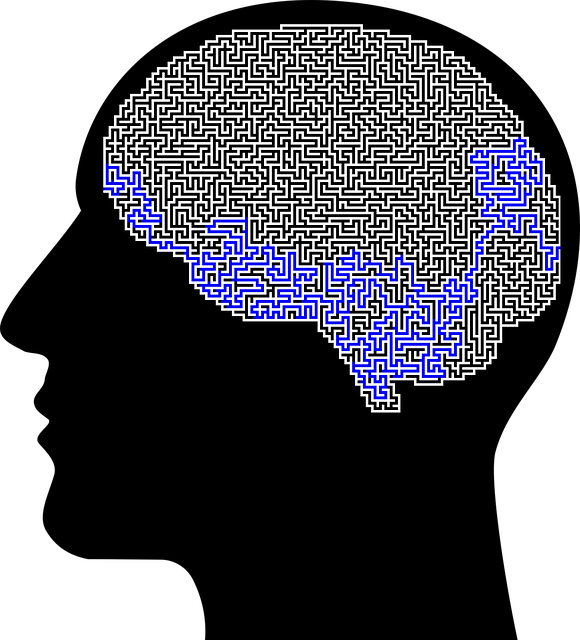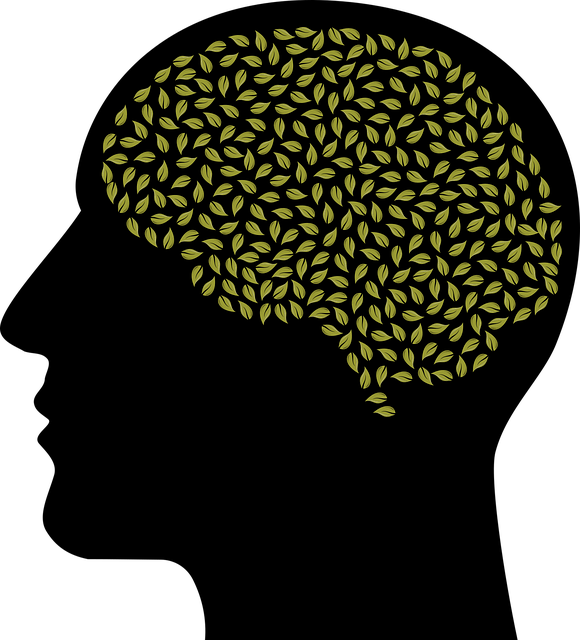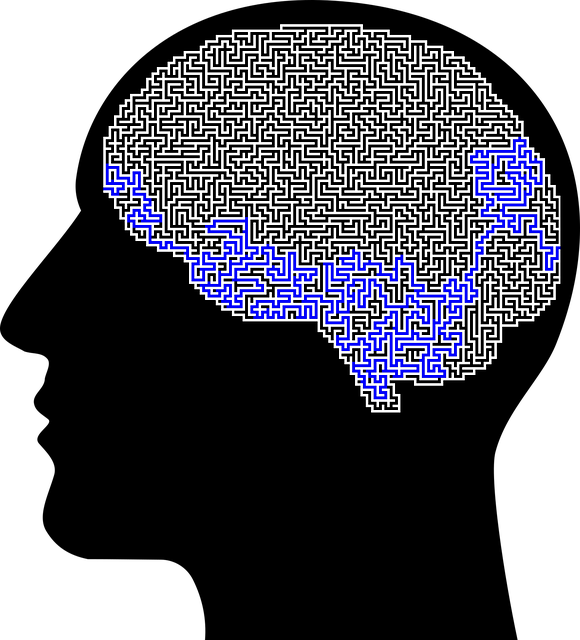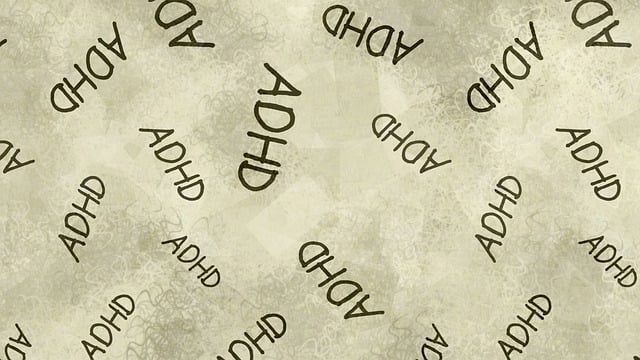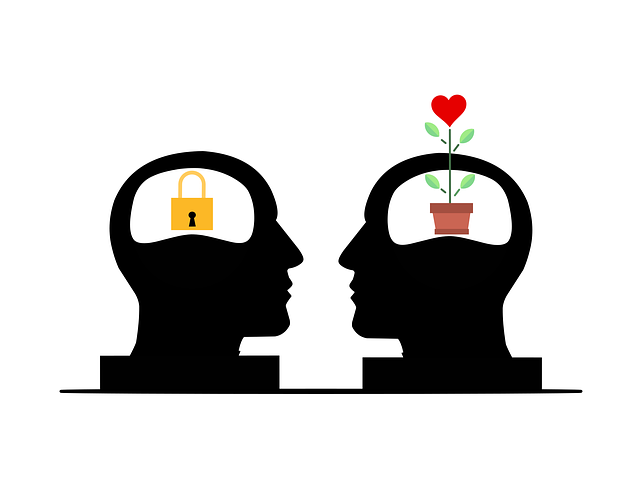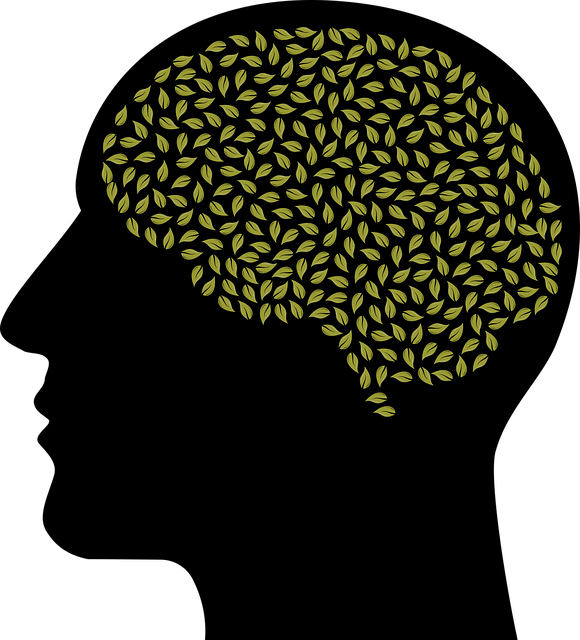Wheat Ridge Blended Families Therapy offers vital mental health crisis support through immediate hotline services and long-term recovery guidance, catering to diverse cultural backgrounds. Their unique approach combines self-awareness exercises with crisis intervention for parents and children, aiming to reduce risks within families. By providing confidential professional advice and fostering open communication, the therapy center empowers individuals to manage emotional crises effectively while raising mental health awareness through community education initiatives.
Mental health crisis hotline support services play a vital role in mitigating distress, offering immediate assistance during challenging times. This article delves into the significance of these hotlines, highlighting the crucial work done by providers like Wheat Ridge Blended Families Therapy. We explore how such therapy centers navigate mental health crises, emphasizing access and utilization strategies. Additionally, we discuss building supportive networks for effective crisis intervention, providing a comprehensive guide to ensuring help is readily available when it matters most.
- Understanding Mental Health Crisis Hotlines
- The Role of Wheat Ridge Blended Families Therapy
- Accessing and Utilizing these Services
- Building a Supportive Network for Crisis Intervention
Understanding Mental Health Crisis Hotlines

Mental Health Crisis hotlines are vital resources designed to offer immediate support and guidance during intense emotional or psychological distress. These services cater to individuals experiencing a range of mental health challenges, from anxiety and depression to suicidal ideation or psychotic episodes. They provide a safe space for people to connect with trained professionals who can offer crisis intervention, facilitate de-escalation strategies, and help users navigate the path to long-term recovery.
Wheat Ridge Blended Families Therapy, for instance, has recognized the importance of such hotlines in serving diverse communities. With a focus on Healthcare Provider Cultural Competency Training and Mental Illness Stigma Reduction Efforts, they ensure that their crisis hotline support is inclusive and sensitive to various cultural backgrounds and experiences. By promoting positive thinking and fostering understanding, these services aim to break down barriers and offer compassionate care, ultimately contributing to improved mental health outcomes for all.
The Role of Wheat Ridge Blended Families Therapy

Wheat Ridge Blended Families Therapy offers a unique and comprehensive approach to addressing mental health crises within the context of family dynamics. In today’s fast-paced world, where stress and anxiety often take a toll on individuals and families, this therapy serves as a vital resource. It recognizes that mental health issues don’t occur in isolation but are deeply intertwined with familial relationships.
Through specialized self-awareness exercises and crisis intervention guidance, Wheat Ridge Blended Families Therapy equips both parents and children with the tools to navigate challenging situations. By facilitating open communication and fostering understanding, it aims to reduce risks associated with mental health concerns within families. This therapy provides a safe space for everyone involved to express their feelings, ensuring that each member receives the necessary support and care during times of crisis.
Accessing and Utilizing these Services

Accessing mental health crisis hotline support services is a crucial step towards managing and overcoming challenging emotional situations. These hotlines are designed to provide immediate assistance, offering confidential conversations with trained professionals who can offer guidance and support. Individuals facing mental health crises, especially those from diverse cultural backgrounds, can benefit from services that prioritize cultural sensitivity in mental healthcare practice. This ensures that the hotline’s approach aligns with the client’s unique needs and beliefs.
Wheat Ridge Blended Families Therapy, for instance, offers a safe space where individuals and families can reach out during times of distress. By utilizing these services, people can gain access to resources that promote mental health awareness and encourage compassion cultivation practices. This not only helps in managing immediate concerns but also equips individuals with tools to foster resilience and navigate future challenges effectively.
Building a Supportive Network for Crisis Intervention

In the face of a mental health crisis, having a robust support network is paramount. Wheat Ridge Blended Families Therapy plays a vital role in building this network by offering specialized crisis intervention services tailored to diverse families. Through their expertise, they guide individuals and families towards effective coping strategies, fostering a sense of stability during tumultuous times. The therapy center encourages open communication, ensuring that every member of the family feels heard and understood, which is crucial for managing and preventing future crises.
Public awareness campaigns development is another key aspect in strengthening support systems. By raising awareness about mental health issues, these campaigns can foster positive thinking and reduce stigma. Educating communities on recognizing crisis signs and providing resources like crisis hotline numbers empowers individuals to offer immediate assistance. Mood management techniques, often taught through such initiatives, enable bystanders to provide valuable support until professional help arrives, creating a collective effort to combat mental health crises.
Mental health crisis hotline support services play a vital role in providing immediate assistance during challenging times. As discussed, understanding these hotlines and leveraging resources like Wheat Ridge Blended Families Therapy can significantly enhance crisis intervention. Building a supportive network, both online and within communities, is crucial for ensuring accessibility and effectiveness of these services. By promoting awareness and fostering open conversations about mental health, we can create a more compassionate and responsive society.

